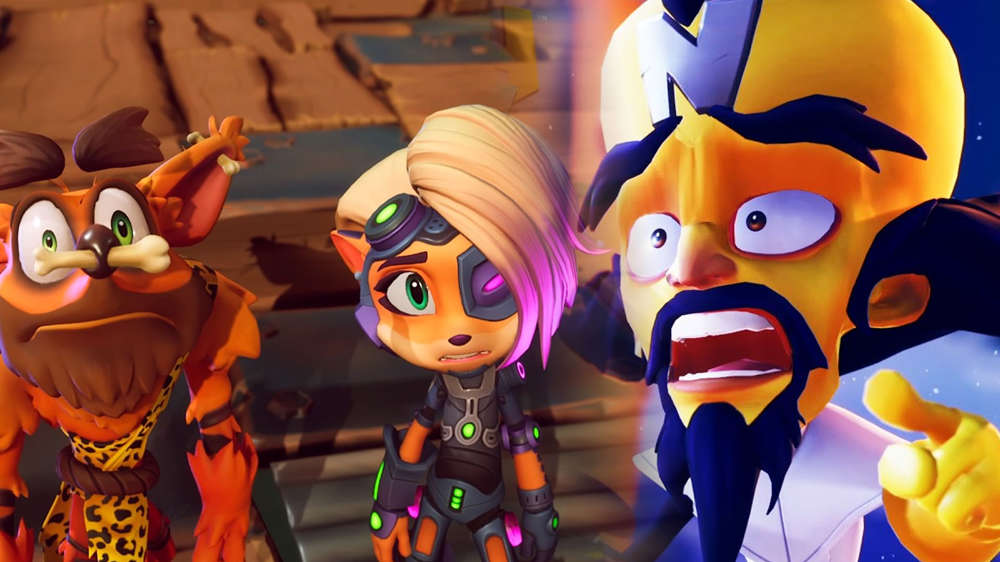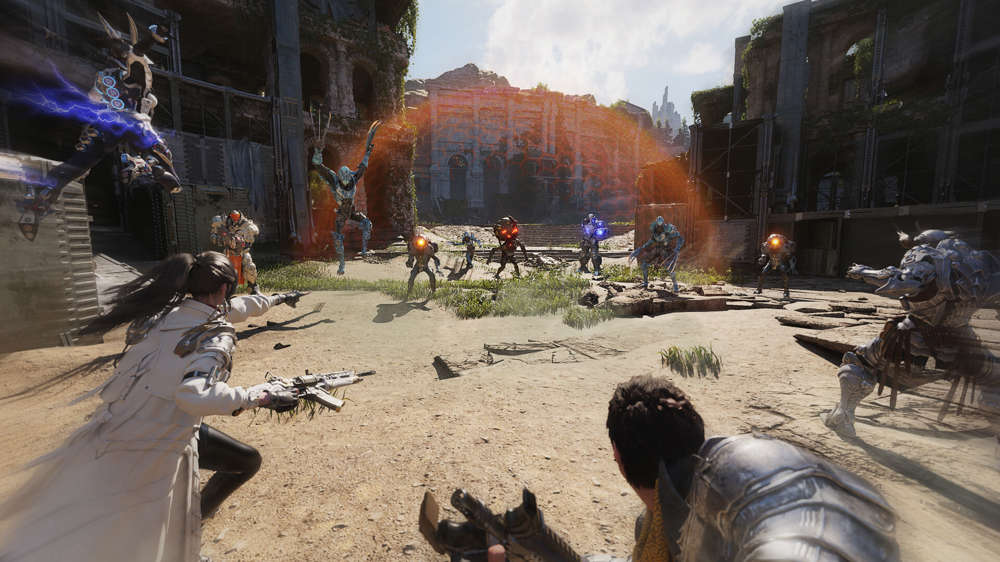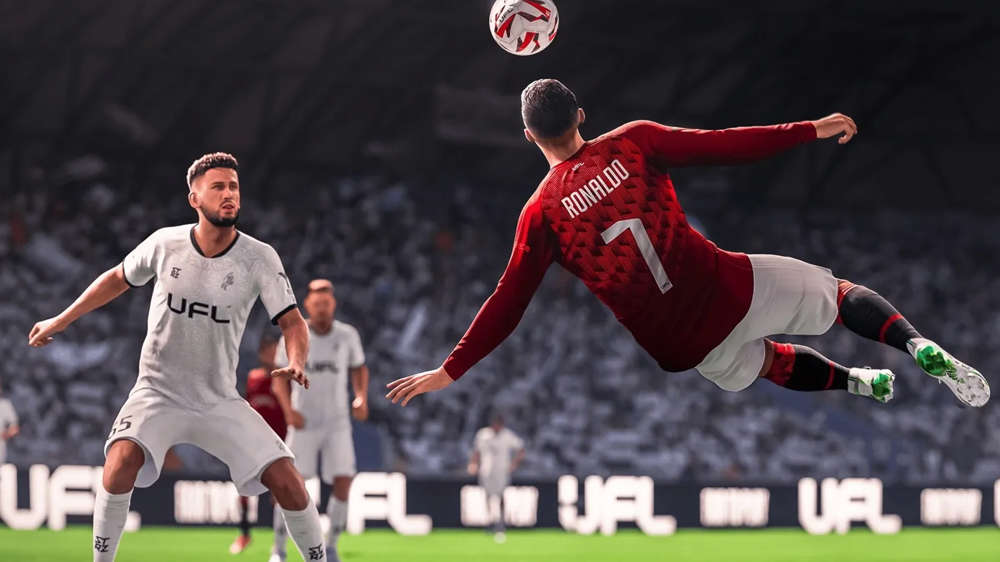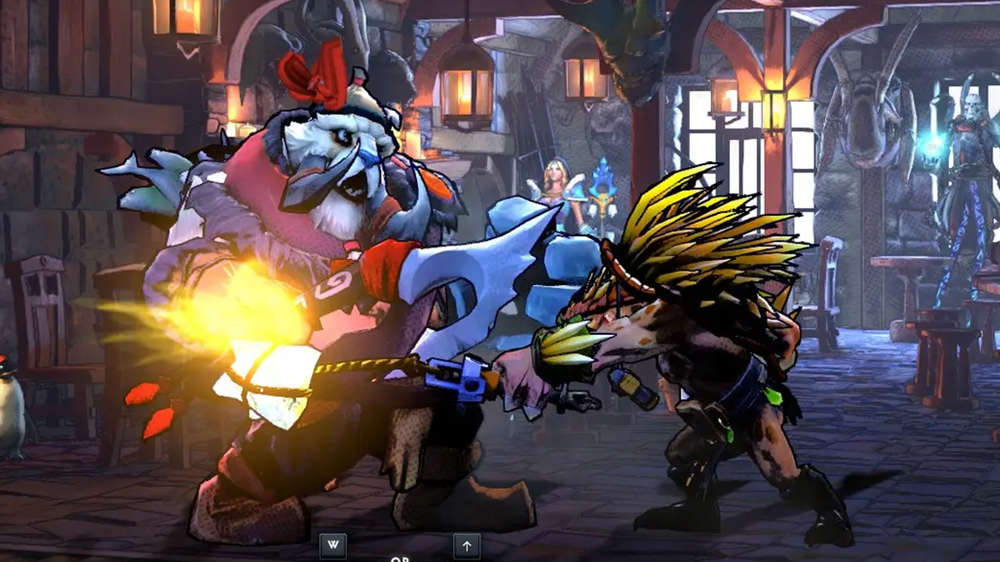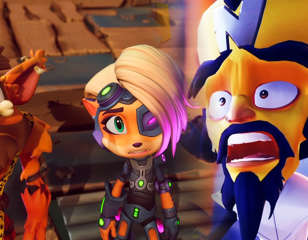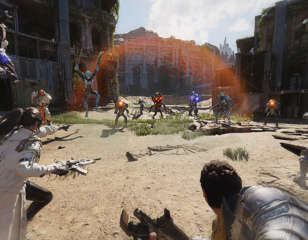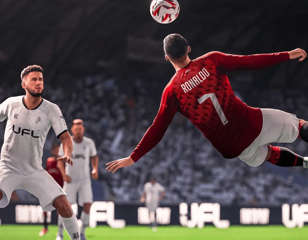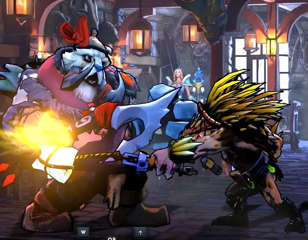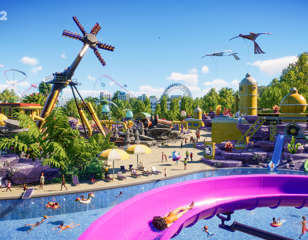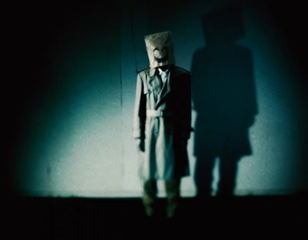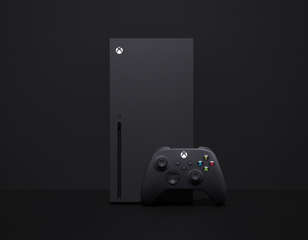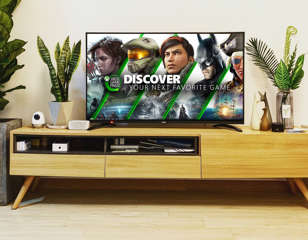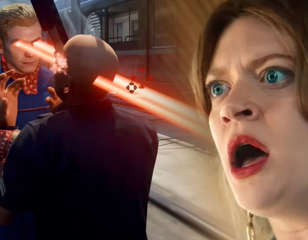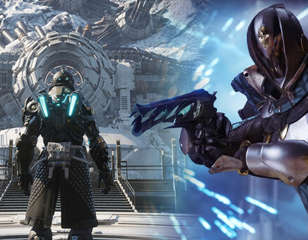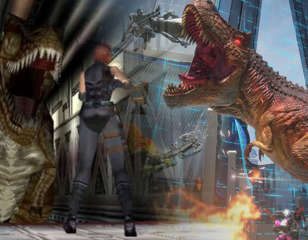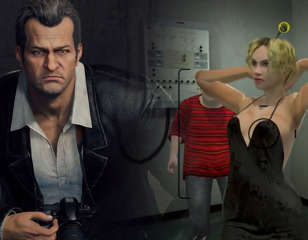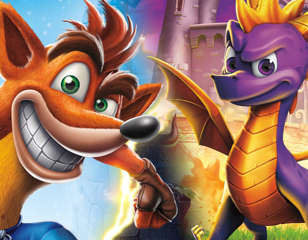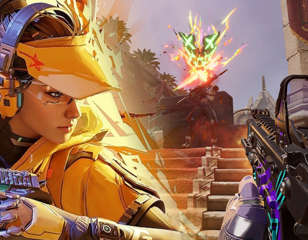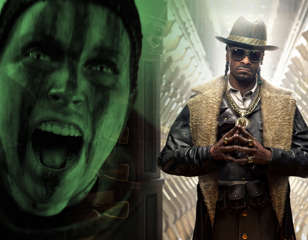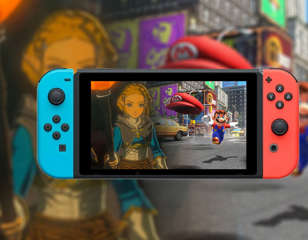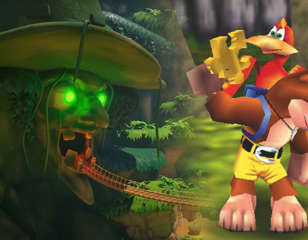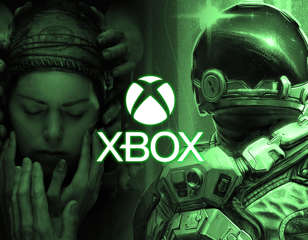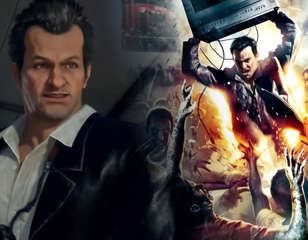Maniac: Mental Health in Gaming and Esports
For Mental Health Awareness Week, GGRecon talked to players, coaches and Macmillan to get their view on mental health in gaming.

Lloyd Coombes
23rd May 2020 15:00
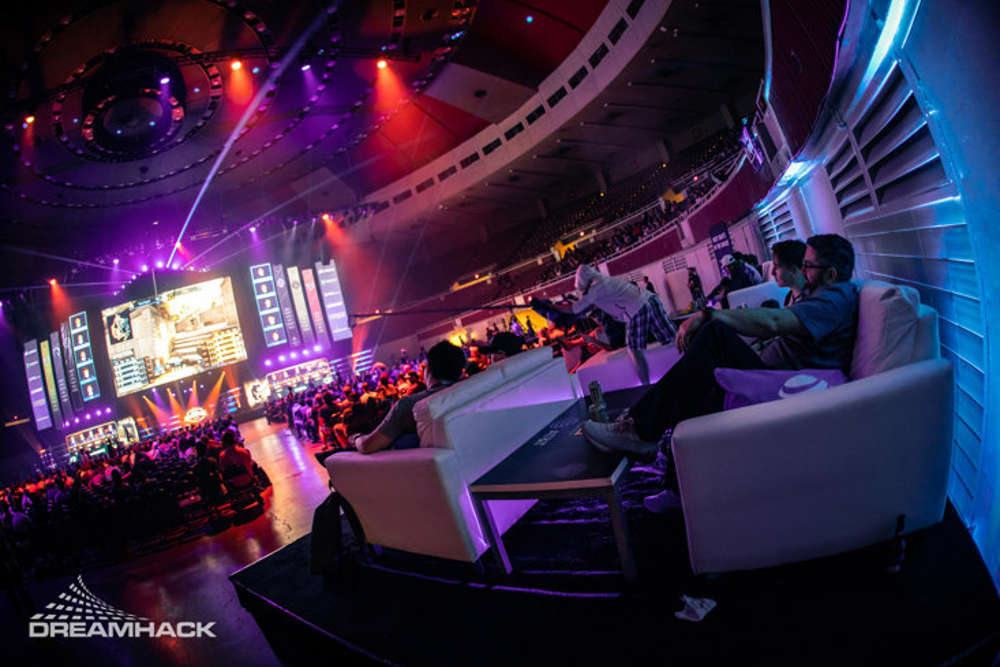
Mental health is a topic still shrouded in shame and misunderstanding, but in recent years, there has been a positive push towards supporting those with mental health issues and helping everyone to keep their mental health in check. Whether this is between friends, family, strangers, helplines, or charities, everyone has their own ways of dealing with the stress’s life can produce.
May 18th to May 24th is Mental Health Awareness Week, and GGRecon wants to share stories about mental health from those in the gaming industry. Competing professionally in esports, coaching teams, or just being a gamer come with their own highs and lows when it comes to mental health.
Gaming can be an escape from the troubles of real life, providing a new world to dive into and give you a focus to drive your emotions towards. Gaming with friends can affect a person’s mental health positively. But on the esports end of the gaming spectrum, players and coaches alike suffer and delight in their experiences competing in tournaments, making tough decisions, and facing their fans – which can be either backlash or support. The personal pressures a player or coach can put on themselves to succeed can be damaging to the state of their mental health, and while some support systems are in place, others are not stepping up to the plate to help those in the industry.
One of those players is CS:GO broadcaster and former pro player Mathieu Quiquerez, better known as Maniac.
Maniac talked to us about his thoughts on how mental health issues are discussed and supported in the gaming industry, his personal experiences, and the effects his career has had on his own mental health.
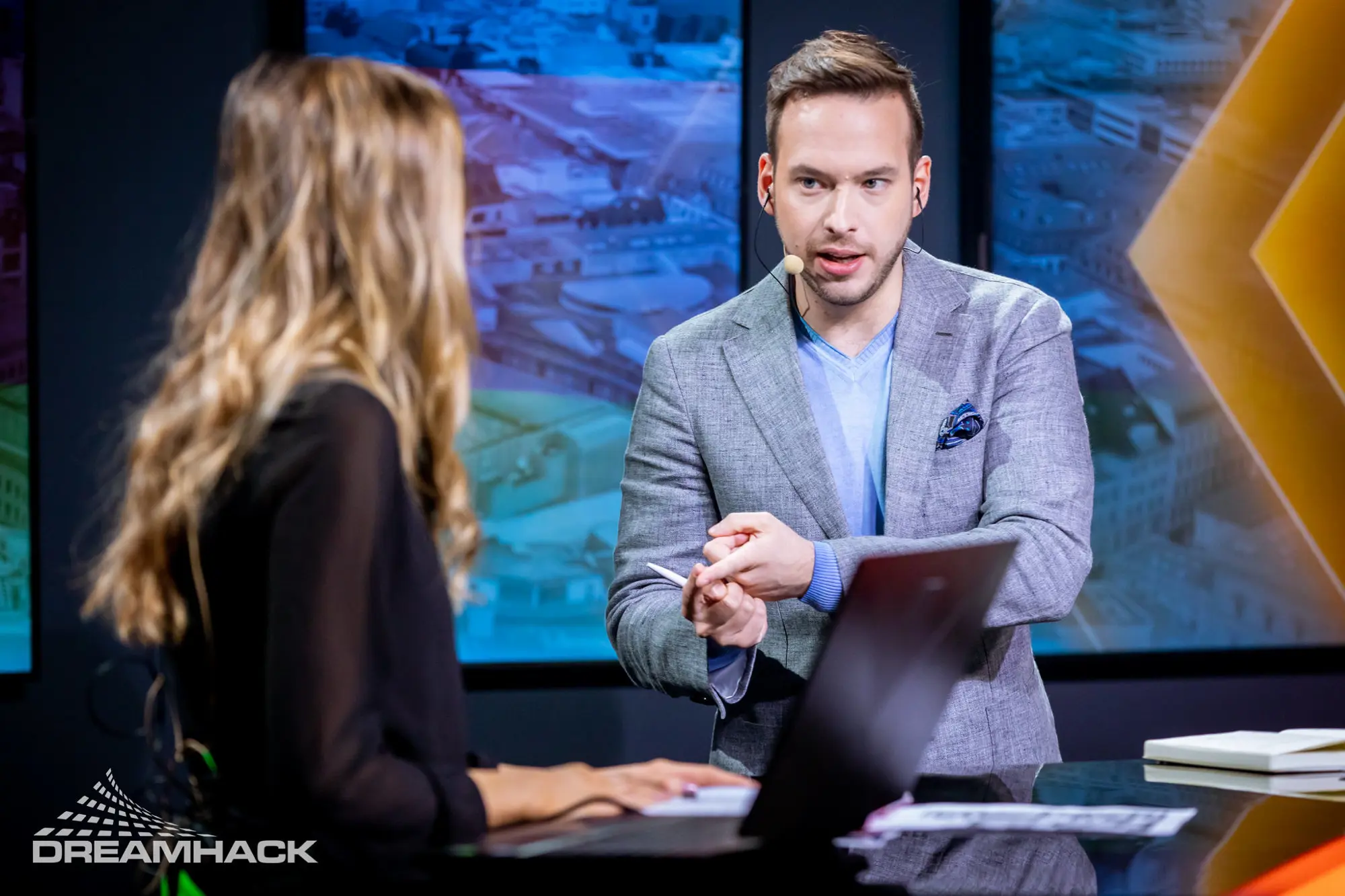 Maniac (Image via DreamHack)
Maniac (Image via DreamHack)
GGRecon: What are the stresses you’ve faced in your professional esports career that have affected your mental health?
I guess the travel and the time spent away from home haven't always been easy to handle. It can be difficult to feel grounded when we're always moving around the world, changing hotel rooms, timezones, etc. I know it is mostly something to rejoice about but it comes at a price in terms of mental serenity, energy, and inner rhythm. I never really slept well outside my home, so I paid that price when I was on the road. On top of that, you have the pressure to perform obviously and not willing to let down your teammates and your fans. At the end of the day, it is very time and energy-consuming to remain at the top.
GGRecon: How much do you think is being done to support people like yourself, from the community, orgs, or anywhere else?
I think now more than before we actually talk about these issues and players feel more at ease to express themselves. It was not really a "thing" when I used to be professional to be burn out, to be exhausted, etc. We didn't even think in these terms. Players feel more comfortable to take breaks now and it seems like the community, in general, is accepting and supporting their choices which is a great sign. I have seen that the CSPPA is putting together an initiative for players to reach out if they feel down and, even though I do not know how it will come about, I support this idea!
GGRecon: Is there a balance between gaming affecting your mental health positively AND negatively?
In my opinion the positive always prevailed on the negative, otherwise, I wouldn't have dedicated my entire adult life to gaming. I think longevity in esports is about finding the balance between being very invested, dedicated and disciplined but also allowing one's self to breathe from time to time and take a step back.
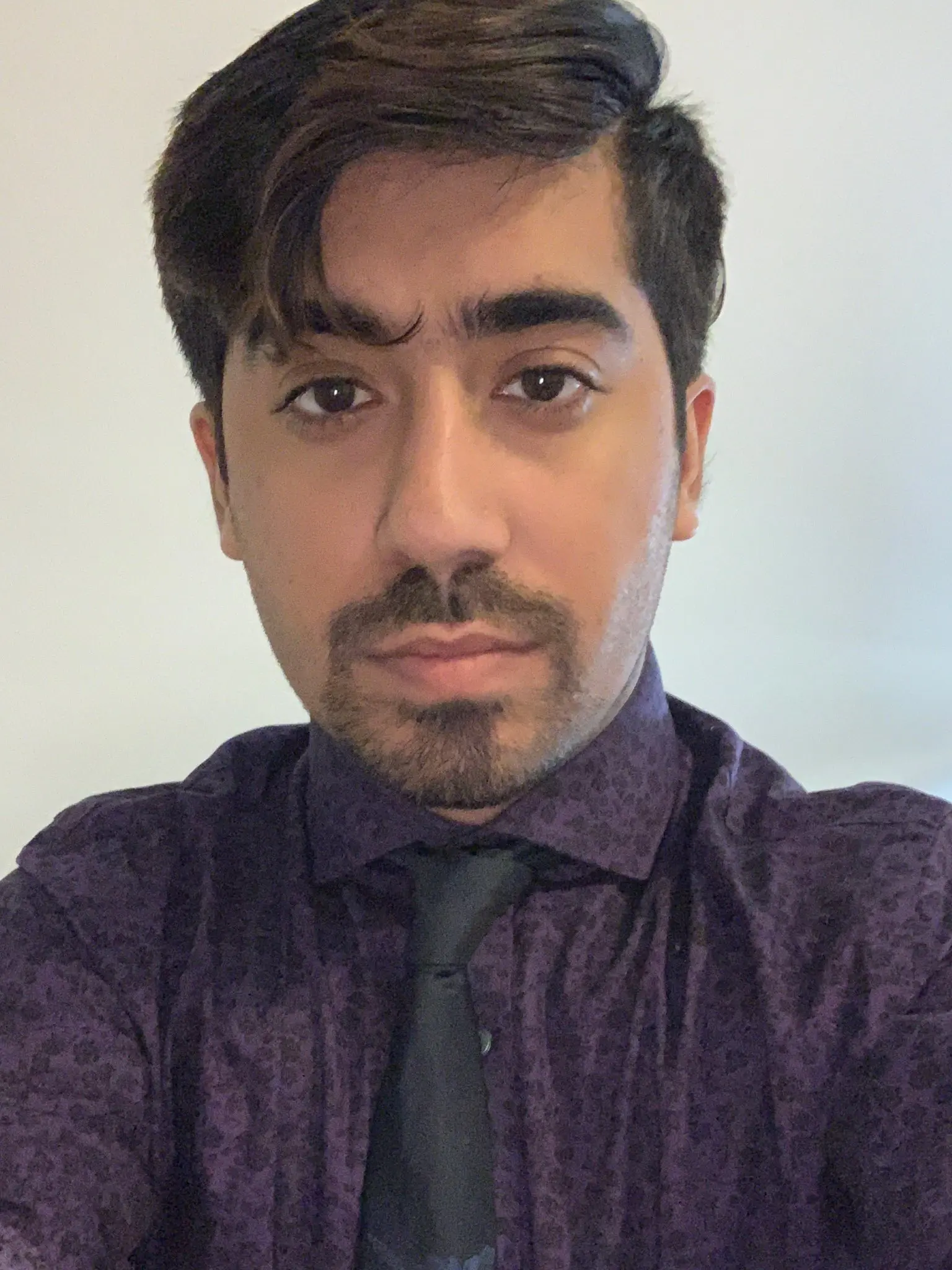 Curryshot (Image via CurryshotTV)
Curryshot (Image via CurryshotTV)
Strategic coach of Overwatch League’s Angeles Gladiators and former League of Legends coach Rohit "CurryShot" Nathani has his own history with mental health issues stemming from the long work hours he had to endure in his career.
GGRecon: What comes to mind in terms of stress stemming from tournaments/competition? What does practice feel like? How does travel impact this part of the job?
I think just the multiple scenarios and possibilities. If you think you have the solid grail of an answer, then suddenly you think about a situation in which beats your hypothesis of what's best and you're back to square one. I think the players seeing the result of their hard work through improvements makes practice feel satisfying. Travel was something I enjoyed about the job. Right now, though, I drive 4 hours to LA for match days, and 4 hours back after the match. So, car travel because of COVID kinda sucks.
GGRecon: How does fan support or community backlash impact professionals in the scene and has it impacted you?
Yeah. I recently made a spicy comment before one of our matches for the sake of banter, I made some confident predictions, that well... didn't happen. We ended up losing, and as I do agree backlash was deserved, I think it's been over the top for me personally. It's been a week since our match, and I still have people messaging me, hoping for the worst things to happen to me because of something I said. I don't think it's necessarily impacted me heavily though, just kind of confusing.
GGRecon: From your experience in the esports you've participated in, how is the topic of mental health dealt with generally and how have you experienced it from your point of view?
There were extreme cases throughout my career, that I can't get into the detail of. I think most people in the inception of an esport scene are oblivious to how important mental health is by not hiring a specialist, but I think some teams do a good job, and some teams in esports actually give it a cold shoulder and hope for the best. That's why you see early retirements sometimes, or people getting sick/wanting to leave rough team environments.
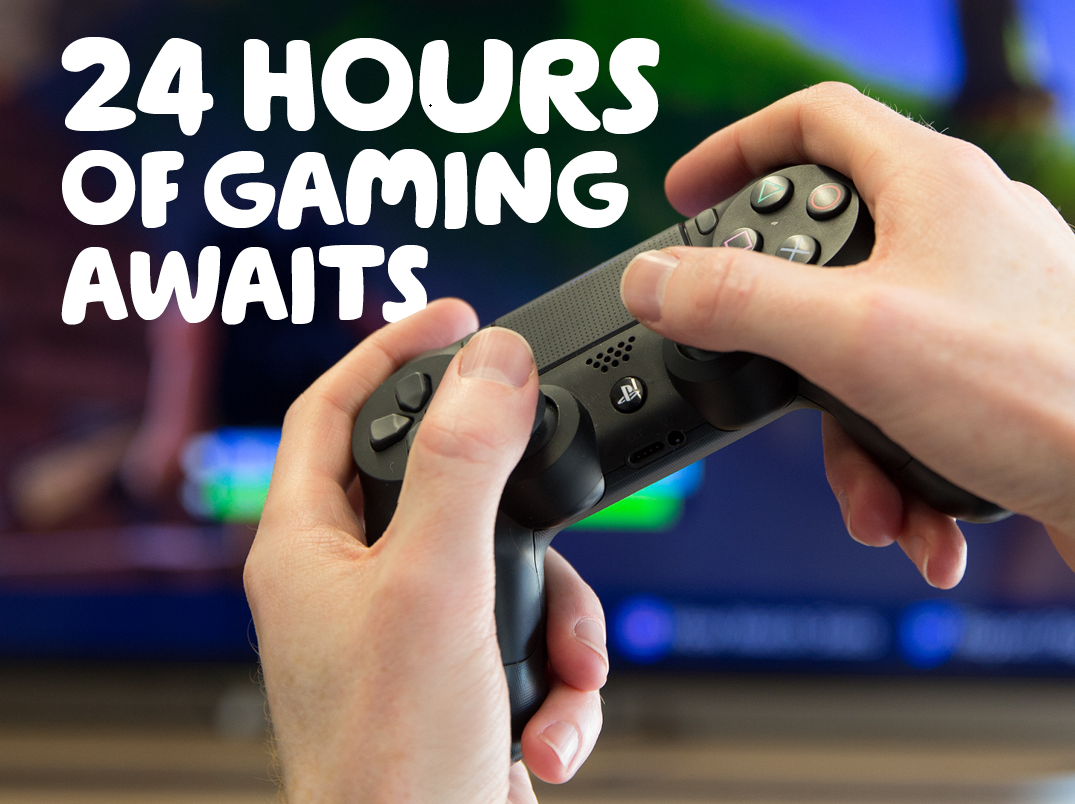 Gaming Heroes - Macmillan Cancer Support
Gaming Heroes - Macmillan Cancer Support
Macmillan Cancer Support has an initiative which allows people to fundraise for cancer through gaming marathons, called Game Heroes. Marketing Manager, Cara Grantham, believes that gaming can have many positive impacts on one's mental health if there is a balance between real-life interactions and playing online, especially in the current climate.
GGRecon: We see both sides of the impact gaming can have on mental health, the positive being gaming can act as a social space for people to interact together within their own comforts. Have you ever encouraged people to use gaming as a way of keeping in contact with people or staying social?
Gaming and streaming can provide a good way for gamers to socialise with fellow gamers, friends and with those watching their stream in an environment they feel comfortable in. This is more important than ever during the impact of coronavirus, where socialising in person isn’t possible.
GGRecon: We also see the negative side, in that gaming can cause stress to people who face constant demands in performance or having ‘toxic’ people on the internet, such as ‘trolls’, being somewhat offensive. In the initiative Game Heroes, have you ever encountered people struggling with the fundraising due to the pressure or internet trolls?
Since the inception of ‘Game Heroes’, no supporters have reported issues with their fundraising in relation to online abuse but it’s something we are very mindful of and do not tolerate in any way.
GGRecon: Macmillan’s ‘Game Heroes’ has helped raise over £350,000 towards supporting people living cancer, what was the initial thought behind it and why did you choose gaming as a way of fundraising?
Game Heroes was inspired by one of our incredible fundraisers – who managed to raise over £50,000 through his own gaming marathon. Since establishing Game Heroes as a fundraising event in 2016, it has brought thousands of supporters together to take part in gaming marathons - which have raised over £1,500,000 for Macmillan Cancer Support. It’s so easy for people sign-up and play their favourite games, and the vital funds they raise help Macmillan to continue to support people living with cancer.
GGRecon: How have Macmillan’s Game Heroes been received by the gaming community in its efforts to fundraise?
We have been blown away by the support of the gaming community and we love that gamers can support us through something they’re passionate about. A 24-hour gaming marathon is a real challenge for gamers to take on and to challenge themselves to complete. We love hearing about how people have found their gaming marathons and are often inspired by their reasons for fundraising.
GGRecon: Do you have any additional thoughts on how gaming can affect mental health?
Gaming can be a real escape from reality and that can bring a lot of comfort. For some people, it may even be a form of self-care – taking the time for yourself to do something relaxing. We take the mental and physical health of our gamers seriously, so do encourage them to take breaks, keep hydrated and chat with family, friends and supporters, throughout the challenge to ensure they are completing their gaming marathon safely. More information for participating supporters can be found on our website.
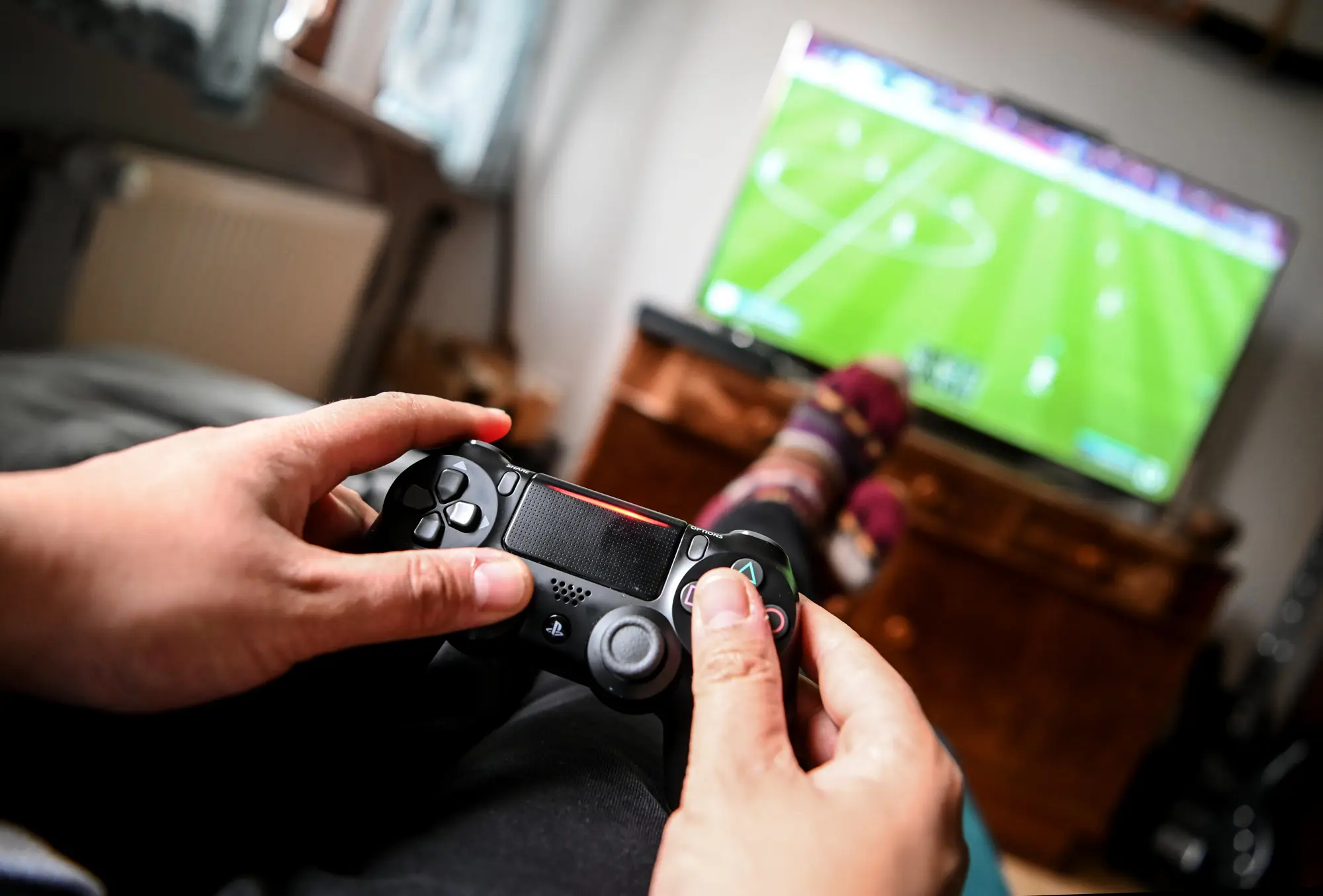 Gaming can be beneficial to mental health. (Image via PAImages)
Gaming can be beneficial to mental health. (Image via PAImages)
Gaming, done with the right levels of moderation, can be the perfect form of escapism. Whether people have problems in their personal life or not, there’s no feeling like sitting back and spending a few hours on your favourite game. The charity organisations such as Macmillian really do shed light on the fact that when done right, it’s healthy, and affects mental health positively.
In the esports scene you’re at the other end of the spectrum, not only spending hours upon hours a day playing, but the stress of travelling and the expectation to perform does really take a toll on the players. In recent times, these individuals who have faced hardships have been more open around their struggles, which is the first step to finding a balance. All in all, esports organisations and tournament hosts need to do more in order to keep players mental states balanced.
Images via DreamHack, Macmillan, PA Images & CurryshotTV
Compiled by Katie Memmott, Sascha Heinisch, Jack Marsh, Jake Bannister.

About The Author
Lloyd Coombes
Lloyd is GGRecon's Editor-in-Chief, having previously worked at Dexerto and Gfinity, and occasionally appears in The Daily Star newspaper. A big fan of loot-based games including Destiny 2 and Diablo 4, when he's not working you'll find him at the gym or trying to play Magic The Gathering.
